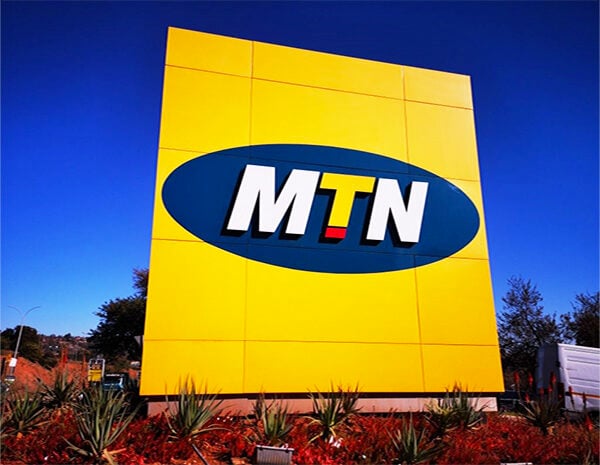MTN Group is funding Artificial Intelligence(AI) Language Inclusion to support Nigeria’s initiative to develop datasets for African languages. This is a crucial step in building large language models (LLMs) tailored to the continent’s diverse linguistic landscape.
This effort ensures that Africa’s 1.5 billion people are not left behind in the rapidly evolving global artificial intelligence (AI) ecosystem.
Speaking during ‘The Y’ello Chair Vodcast: Your link to the African continent’, filmed alongside the 80th United Nations General Assembly, Nigeria’s minister of Communications, Innovation and Digital Economy, Dr Bosun Tijani, emphasised the urgent need for a collaborative public-private approach to fund academic research into African languages.
‘To leapfrog AI in Africa, we need to invest in our languages, cultures, and people,’ Dr Tijani said. He directly challenged MTN Group—operating in 16 countries, 15 in Africa—to mobilise resources towards this cause.
In response, MTN Group president and CEO, Ralph Mupita, affirmed the company’s commitment, stating that, ‘We like these kinds of partnerships. Challenge accepted.” He highlighted the critical importance of digital inclusion in Africa, where over 2,000 languages exist but are largely underrepresented in global AI systems.’
The vodcast coincided with the launch of the Nigerian Atlas for Languages & AI at Scale (N-ATLAS), an open-source multilingual LLM designed to understand and generate Nigeria’s many voices. With more than 500 languages spoken in Nigeria alone, N-ATLAS represents a public-private partnership between the Nigerian government and Awarri Technologies, aimed at digitising and preserving linguistic diversity while creating datasets to power AI-driven solutions.
The ATLAS framework offers an open platform that other African nations can adopt to spur innovation across education, healthcare, commerce, and governance sectors. Mr Mupita warned of the risks of digital exclusion, stating, “We have to avoid the risk of Africans being a digital underclass.”
He further described the digital economy as Africa’s “best bet” for securing dignity, hope, and opportunity for its citizens. “The outcomes we want are that people are digitally included, economically included and that they have dignity. This dignity point for me is very important because poverty can include all sorts of indignity, but embracing technology should take all that away,” Mupita added.





